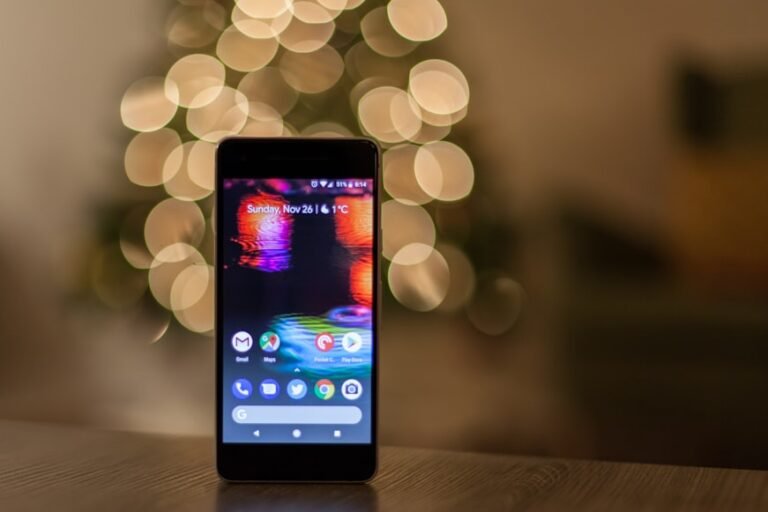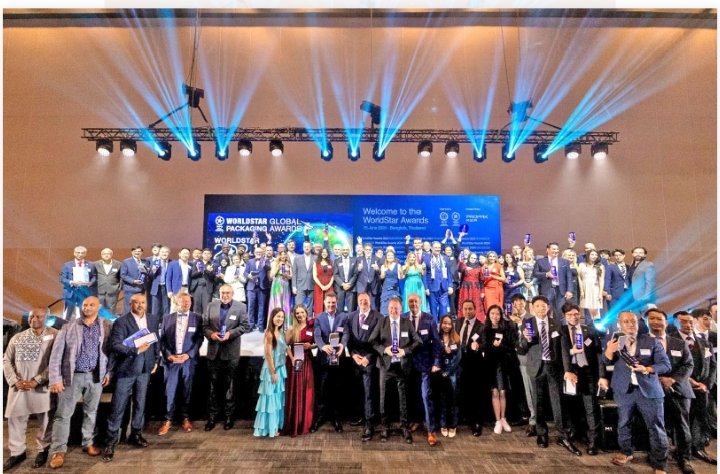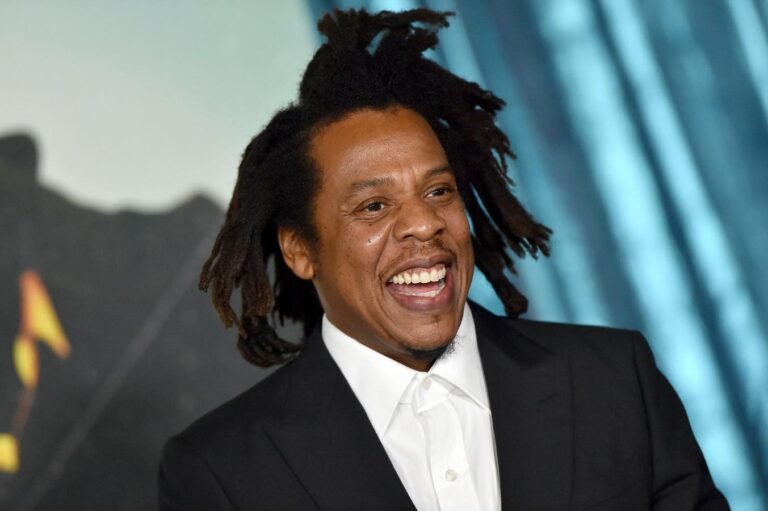Urban Entertainment: Exploring the Dynamic World of City Life Experiences
Urban entertainment plays a transformative role in shaping modern cities. It’s more than just nightlife or street performances; it reflects the culture, creativity, and innovation found in bustling metropolitan areas. As cities continue to grow and evolve, so does the landscape of urban entertainment, providing new opportunities for social interaction, artistic expression, and leisure.
In this comprehensive guide, we’ll explore the different forms of entertainment that thrive in urban settings, their cultural significance, and how technological advancements are reshaping these experiences.
Also read new-era-of-hip-hop-2025-evolution-and-future-trend/
Understanding Urban Entertainment
At its core, urban entertainment refers to the wide array of activities designed for amusement and cultural engagement within city environments. Unlike rural or suburban areas, cities offer unique venues and experiences influenced by dense populations and diverse communities.
From theaters and art galleries to street festivals and digital experiences, urban entertainment captures the energy and dynamism of city life. It’s an industry that adapts quickly, often reflecting the trends and interests of urban dwellers.
Historical Background of Entertainment in Urban Areas
Entertainment in urban areas has evolved over centuries. In ancient cities like Rome, public spectacles, amphitheater performances, and chariot races were popular forms of recreation. Similarly, medieval cities in Europe became centers for traveling performers, musicians, and early theater troupes.
The Industrial Revolution brought significant changes. As more people moved into cities for work, the demand for leisure activities grew. Music halls, cinemas, and organized sporting events emerged to meet this need. Today’s urban entertainment scene is a complex blend of traditional performances and modern technology-driven experiences.
Types of Urban Entertainment in Modern Cities
Live Music and Concerts
Music remains a cornerstone of entertainment in cities. Urban areas host concerts of every genre, from classical orchestras to underground hip-hop shows. Music festivals in public parks or city squares attract thousands, contributing to the vibrant cultural scene.
Well-known venues in global cities, such as Madison Square Garden in New York and the O2 Arena in London, regularly feature world-renowned artists. Smaller clubs and local bars provide platforms for emerging musicians to showcase their talent.
Theatrical Performances and Performing Arts
Urban centers are famous for their thriving performing arts scenes. Theater districts, such as Broadway in New York or the West End in London, offer everything from classic plays to experimental productions. Ballets, operas, and contemporary dance performances appeal to a variety of audiences.
In addition to formal theaters, many cities have embraced street performances and open-air theaters, bringing live art closer to the public.
Cinemas and Film Culture
Cinemas remain a popular form of entertainment. Urban areas boast a range of theaters, from IMAX screens showcasing blockbusters to indie cinemas highlighting international and independent films.
Film festivals in urban settings have become cultural staples. Events like the Toronto International Film Festival and Sundance Film Festival offer filmmakers a platform to present innovative work and audiences the opportunity to engage with unique storytelling.
Nightlife and Social Venues
One of the most prominent aspects of urban entertainment is nightlife. Bars, clubs, lounges, and rooftop venues create dynamic social experiences. Cities such as Berlin, Las Vegas, and Tokyo are known worldwide for their nightlife scenes.
Nightclubs often host DJs and live performances, blending music with immersive light shows. Additionally, themed bars and speakeasies provide unique atmospheres for patrons seeking distinct experiences.
Street Festivals and Public Events
Street festivals and public events are hallmarks of urban entertainment. Whether it’s a music festival, food fair, or cultural parade, these events celebrate local traditions and foster community engagement.
For example, the Notting Hill Carnival in London and Mardi Gras in New Orleans showcase the rich cultural diversity found in cities. These events often include live performances, dance competitions, and street food vendors, creating immersive cultural experiences.
Art Galleries and Public Installations
Urban spaces frequently serve as canvases for visual art. Art galleries in city centers display works from established and emerging artists, while public installations and street murals bring art directly to the streets.
Cities like Melbourne and Berlin are famous for their street art scenes. Public art not only beautifies urban landscapes but also sparks conversations about social and political issues.
Sports and Recreational Activities
Sports play a crucial role in urban entertainment. Major cities host professional teams in football, basketball, baseball, and more. Stadiums and arenas provide entertainment for locals and tourists alike.
In addition to traditional sports, urban environments support recreational activities like skateboarding, parkour, and cycling. Public parks and skateparks offer space for these activities, often accompanied by spectators who appreciate the athleticism and artistry involved.
Digital and Virtual Entertainment
With advancements in technology, digital entertainment has become an integral part of urban life. Virtual reality (VR) arcades, e-sports tournaments, and interactive gaming cafes have gained popularity among city dwellers.
Augmented reality (AR) experiences, such as Pokémon GO, encourage exploration of urban spaces in new and engaging ways. Many museums and cultural institutions have adopted AR and VR to enhance visitor experiences with interactive exhibits.
Culinary Experiences and Food Culture
Cities are culinary hubs that offer diverse dining experiences. Urban entertainment often includes food tours, cooking classes, and pop-up restaurants. Street food markets provide an opportunity to taste local and international cuisines.
Food festivals, such as Smorgasburg in New York or Taste of Chicago, combine culinary experiences with live entertainment, making food an integral part of urban leisure activities.
Wellness and Fitness Events
Urban entertainment increasingly incorporates wellness activities. Yoga sessions in public parks, group fitness classes on rooftops, and wellness festivals combine health with leisure.
Cities host marathons, cycling events, and triathlons that draw participants and spectators. Wellness-oriented entertainment promotes a healthy lifestyle while offering social engagement opportunities.
The Economic and Social Impact of Urban Entertainment
Urban entertainment significantly contributes to local economies. Events and attractions generate revenue for cities through tourism, ticket sales, and hospitality services. Visitors attending concerts, festivals, and sports games often spend on accommodation, dining, and transportation.
Moreover, urban entertainment fosters social inclusion. Events celebrating cultural diversity help bridge gaps between communities and promote understanding. Free concerts and public performances provide access to entertainment for all socioeconomic groups.
Technology’s Role in Urban Entertainment
Technological innovations have reshaped urban entertainment. Ticketing platforms simplify access to events, while streaming services allow people to experience concerts and performances remotely. Social media promotes events and builds anticipation, increasing participation and engagement.
Projection mapping, holography, and immersive sound design enhance live performances. Cities are adopting smart technology to manage large events, ensuring safety and improving the overall experience for attendees.
Sustainability in Urban Entertainment
Sustainability is becoming a priority in entertainment planning. Eco-friendly practices, such as reducing waste at festivals, using renewable energy for events, and encouraging public transport, reflect a growing commitment to environmental responsibility.
Venues are implementing green initiatives, including recycling programs and energy-efficient designs. Festivals like Glastonbury have introduced bans on single-use plastics, setting an example for sustainable entertainment practices.
Future Trends in Urban Entertainment
Personalized Experiences
Data-driven personalization is shaping the future of entertainment in urban settings. Event recommendations based on user preferences and behavior enhance engagement and satisfaction.
Hybrid Events
Hybrid events that combine in-person and virtual components are gaining popularity. Audiences can attend physically or stream from home, increasing accessibility and reach.
Interactive Entertainment
Interactive experiences, such as escape rooms and immersive theater productions, offer participants an active role in the entertainment. These experiences are expected to grow in popularity as audiences seek deeper engagement.
Wellness and Mindfulness
Urban entertainment is embracing wellness trends. Expect more events focused on mindfulness, meditation, and holistic health, reflecting the growing desire for balance in city life.
Community-Driven Initiatives
Community involvement in event planning and execution fosters a sense of ownership and belonging. Local artists, performers, and vendors collaborate to create authentic urban experiences.
Conclusion
Urban entertainment is an ever-evolving landscape that reflects the cultural diversity, technological advancements, and creative spirit of modern cities. From traditional theater performances to virtual reality experiences, urban areas offer a vast array of entertainment options catering to different tastes and preferences.
As technology continues to reshape the industry and sustainability becomes a central concern, the future of urban entertainment looks promising. Cities that embrace innovation and inclusivity will continue to thrive as cultural and entertainment hubs, offering endless opportunities for engagement, enjoyment, and connection.
urban-entertainment-guide
📝 Meta Description
Discover the dynamic world of urban entertainment! Explore city life experiences, from music and festivals to digital and street culture.






